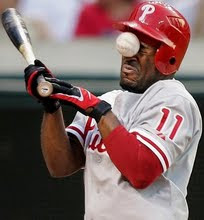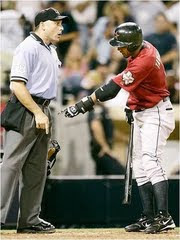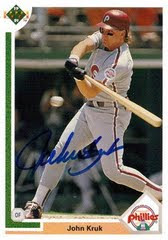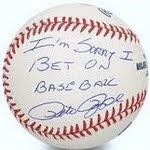Here are the year-to-year correlations for pitchers throwing back-to-back 100+ innings seasons from 1980–2006.Yup.Metric Correlation
Strikeout Rate 0.79
Walk Rate 0.64
WHIP 0.42
ERA 0.37All measures are correlated, but the correlation is lower for the metrics that include fielder contributions. The season-to-season correlation between individuals pitchers’ WHIP and ERA are quite similar. Also, both metrics vary similarly: the average coefficient of variation (mean/standard deviation) for the pitchers in the sample is 2.46 for WHIP and 1.99 for ERA.
Here is a graph of ERA and WHIP by age for Roger Clemens on that using connected scatter plots and quadratic fit curves.
The metrics tend to move in concert (correlation = 0.9), and the small difference in quadratic fit seems to be explained by a few more-extreme deviations in WHIP.
Thus, if WHIP has any advantage over ERA, it is slight...
Bringing the debate out of the comments
Posted by
David "MVP" Eckstein
on Friday, November 20, 2009
Labels:
BB/9,
ERA,
K/9,
sabermetrics,
Sabernomics,
WHIP
From Sabernomics:








4 comments:
and u wonder why people don't read ur posts...
why dont you like this post
i like the post. But couldnt they find a bigger sample size. Only 27 years of baseball. Not sure how statistically significant the conclusions are
This should settle the great WHIP debate. WHIP is better than ERA my ass! FIP power! One day, when FIP and wOBA are on the scoreboard, i can die a happy man
Interesting factoid, however. WHIPand ERA do correlate (lower WHIP = lower xERA)
Post a Comment